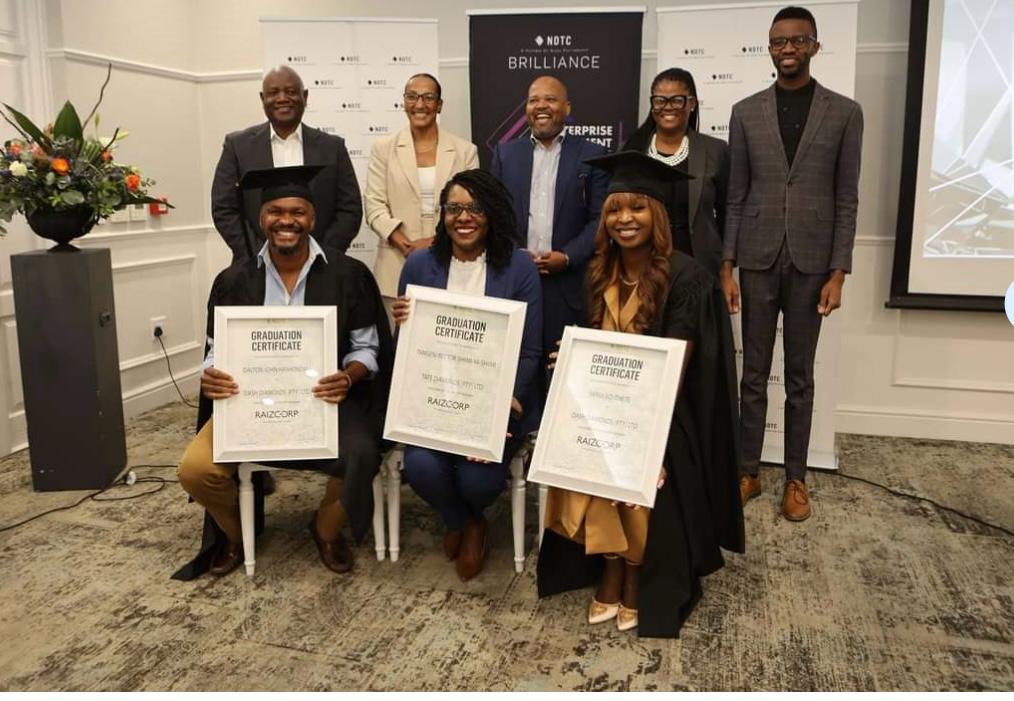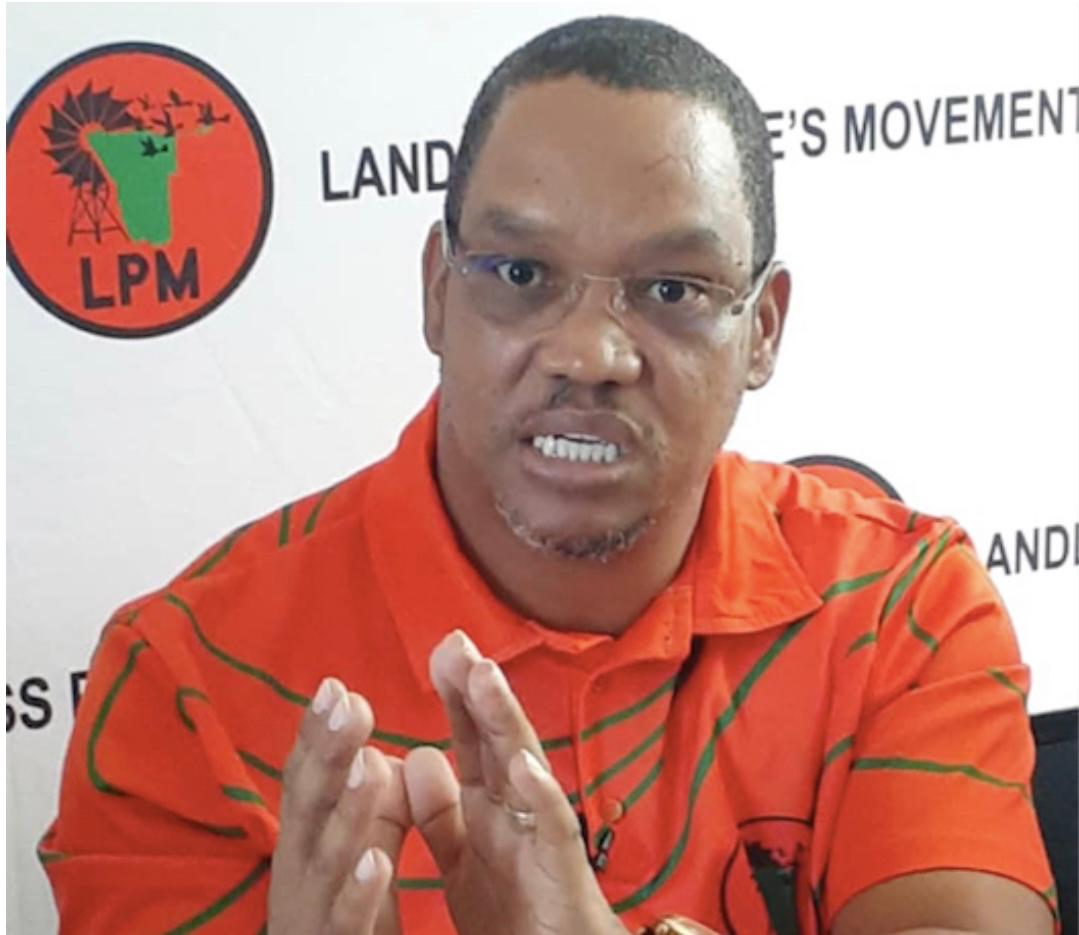Namibian president Hage Geingob used his recent state visit to South Africa to address a meeting of the ANC’s national executive committee.
This underscored the ANC’s historic ties to Swapo.
President Cyril Ramaphosa says the party had a “wonderful engagement” with Geingob, who posted on Facebook: “As former liberation movements, we learn from one another, a manifestation of the deep bonds of solidarity formed during our struggle against oppression.”
In our view, the nostalgic reminiscences of the parties’ days as liberation movements serve as a heroic patriotic history turned into a form of populism.
Such romanticism uses the merits of the past to cover failures in the present.
It also is a potential threat to the achievements of constitutionalism.
Geingob’s visit came at a time when both parties face an erosion of their political legitimacy.
With elections in 2024 in both countries, their challenges are similar.
Both face tough choices about how best to handle the challenges when entering the election year.
They have, since moving into office, disappointed expectations, not least in their failure to fight corruption.
Voters in South Africa and Namibia will in 2024 pass their verdict at the ballot boxes.
How the parties perform will shape the future of democracy in both countries.
HISTORY WITH LASTING BONDS
South African-Namibian relations have a special history.
After the First World War, the Treaty of Versailles officially ended the war between Germany and the Allied powers.
It turned German colony South West Africa into a C-mandate of the new League of Nations.
Its administration was delegated to South Africa.
It effectively annexed the territory and entrenched apartheid.
This led the national liberation movement, Swapo, to take up arms in the 1960s.
Recognised by the United Nations (UN) General Assembly as the “sole and authentic representative of the Namibian people”, Swapo and the ANC, which had likewise launched an armed struggle, became close allies.
Both received wide international support.
FROM LIBERATION MOVEMENTS
TO GOVERNMENTS
Under UN-supervised elections in November 1989, Swapo obtained an absolute majority (58%).
Independence was proclaimed on 21 March 1990.
The date was chosen by the elected Constituent Assembly in recognition of the Sharpeville massacre in 1961 – when apartheid police murdered 69 unarmed black people protesting against being forced to carry identity documents (passes) controlling their movement.
Released only weeks earlier from prison, Nelson Mandela attended the ceremony as the celebrated guest of honour.
Apartheid in South Africa officially came to an end through the result of the first democratic elections in 1994.
Like Swapo, the ANC emerged as the majority party (62,7%).
It indicated the success of the democratic settlements in both countries that Swapo and the ANC led processes leading to the drawing up of final constitutions.
These embedded accepted democratic principles: free and regular elections, independent judiciaries, bills of fundamental human rights, and the separation of powers of the three branches of government.
Since then, both countries have continued to rank among the top African democracies.
Crucially, however, the parliaments dominated by Swapo and the ANC have failed to hold their governments to account on major issues.
POPULARITY IN DECLINE
Support for the ANC peaked at nearly 70% in the third democratic election in 2009, but by the fifth election in 2019, it had fallen to 57,5%.
Even this was regarded as a triumph, put down to the personal popularity of its latest leader, Cyril Ramaphosa.
In the run-up to the elections in 2024, surveys predict the ANC would lose its absolute majority, and be forced to form a coalition to remain in power.
In Namibia, Swapo has fared comparatively better.
By 2014, it had consolidated its political dominance into a whopping 80% of votes for the National Assembly, and 86% of votes for Geingob, its directly elected presidential candidate.
But the National Assembly and presidential elections in 2019 marked a turning point.
With 65,5% the party lost its two-third majority.
For both parties the loss of control over the regional, provincial and local levels of government has turned politics into a matter of alliances with shifting coalitions.
Politics has become a negotiated commodity.
Principles are regularly traded for power, eroding the trust citizens place in politicians and democracy.
For all that they continue to dominate central government.
But, their dominance is being steadily eroded by their lacklustre performance in power and failures in delivery of basic services.
State capture has become a form of governance.
LIMITS TO LIBERATION
Numerous analyses have explored how former liberation movements in southern Africa have failed the ideals of the liberation struggle when in power, even becoming undemocratic and increasingly corrupt.
Liberation movements’ loss of popularity is combined with accusations that they have betrayed the promises of freedom, but they may benefit from their fragmentation and dilemma.
After all, opposition parties have so far offered little if any credible alternatives which promise more well-being for the ordinary people.
– The Conversation
Stay informed with The Namibian – your source for credible journalism. Get in-depth reporting and opinions for
only N$85 a month. Invest in journalism, invest in democracy –
Subscribe Now!






